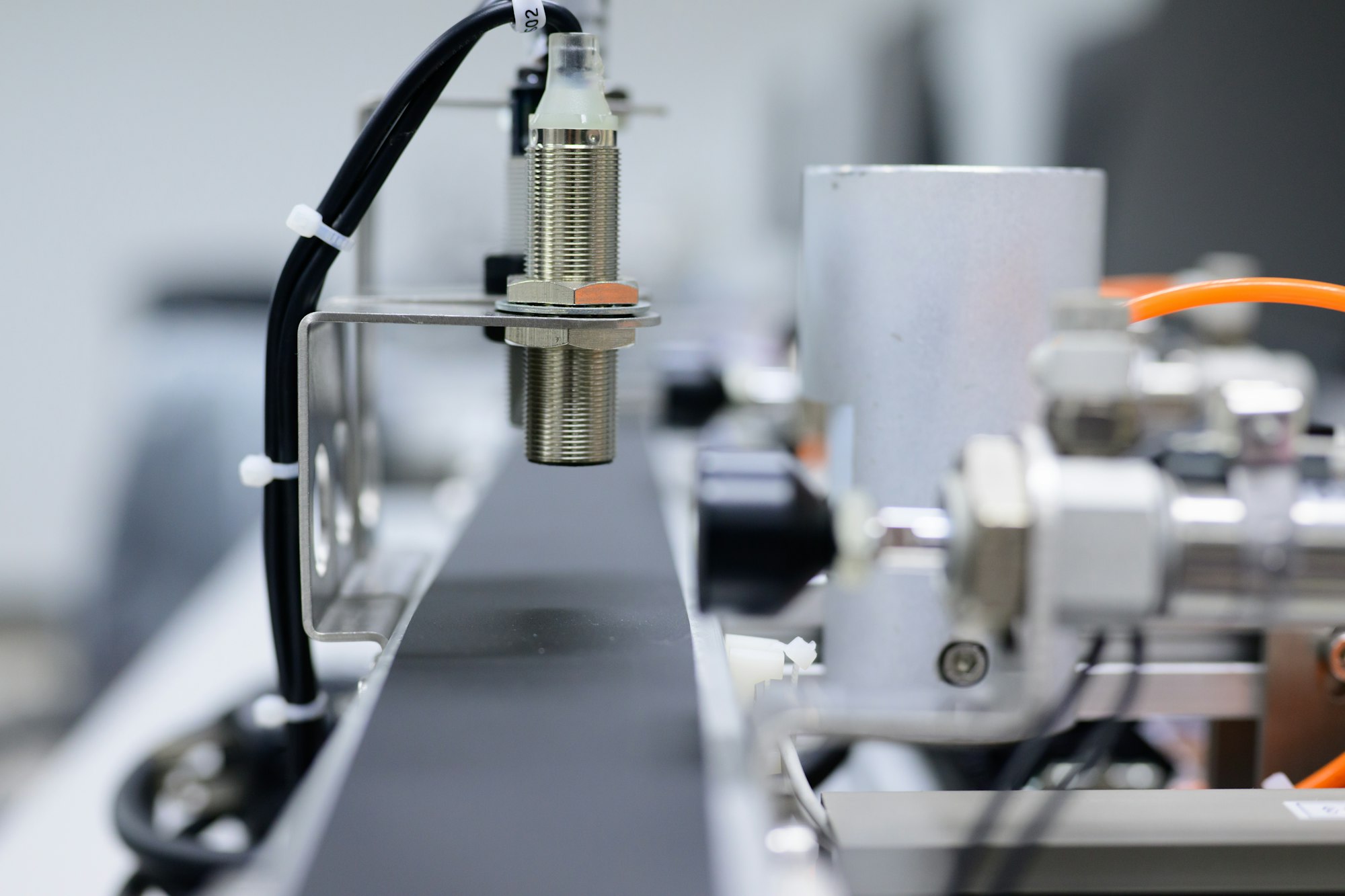As artificial intelligence (AI) and automation change the way we work, a lot of people are wondering if going to college is still worth it. With robots and software taking over jobs that humans used to do, it’s a real concern. This article breaks down why degrees still matter, how to keep up in a fast-changing job market, and what you can do to make sure you stay relevant.

How Jobs are Changing and Why Degrees Still Matter
A college degree used to almost guarantee a good job and a way up the career ladder. But now, as AI takes over more jobs, things are shifting. Some jobs that needed a degree before don’t anymore, which makes people think twice about the value of higher education.
However, AI isn’t great at everything. It’s not good with creativity, critical thinking, and understanding emotions—things that you often get better at in college, especially with degrees in arts, humanities, or social sciences. As robots do more, these human skills could become even more valuable.
Also, in the world of technology and specialized fields like AI, data science, cybersecurity, and biotech, advanced knowledge is still crucial. These fields are growing because they control and push forward AI technologies.
Keep Learning Your Whole Life
With technology moving so fast, what you learn today might not be useful in a few years. That’s why it’s important to keep learning new things throughout your life. You might need to get more degrees, take online courses, or teach yourself new skills to keep up with the changes.
Degrees are still useful, but they’re just the beginning. To stay ahead, you’ll need to keep adding new skills and knowledge.
Staying Motivated as Technology Advances
It’s easy to feel worried about robots taking over jobs, but here are some ways to stay positive and motivated:
- Embrace Change: Accept that change is a constant and try to see it as a chance to grow.
- Focus on What Makes Us Human: Work on skills that are hard for AI to copy, like creativity, empathy, strategic thinking, and leading others.
- Keep Learning: Always be learning, whether it’s through school or on your own. It keeps you sharp and ready for changes.
- Combine Different Skills: Humans are great at using knowledge from different areas together. This can lead to cool new ideas and opportunities.
- Build Your Network: Stay connected with people in your field. They can offer support and help you find new opportunities as industries change.
How to Make Sure Your Career Lasts
Here are some tips to help make sure you can keep working, even as jobs change because of automation:
- Learn Many Skills: Don’t just focus on one thing. Having a mix of skills makes you flexible and useful in many jobs.
- Go for Tech Jobs: Jobs that need you to work with AI or understand it well are less likely to be replaced by machines.
- Do Creative Work: Jobs in fields like design and entrepreneurship need human imagination and can’t be easily automated.
- Keep Up with Your Field: Know what’s happening in your industry to stay ahead of changes. Read up, go to workshops, and improve your skills.
In short, even though AI and automation are changing how we work, college degrees are still useful. They’re just part of a bigger picture now. By learning continuously, building on your unique human skills, and being adaptable, you can succeed in this new tech-driven era.

FAQs about Degrees and Careers in an AI-Driven World
1. Do I still need a college degree if AI is taking over so many jobs?
Yes, a college degree is still valuable. Even though AI is changing the job landscape, degrees that focus on developing human-centric skills like creativity, emotional intelligence, and critical thinking are becoming more important. Plus, fields that are deeply intertwined with technology, such as data science and cybersecurity, require specialized knowledge that is often gained through higher education.
2. How can I make sure the skills I learn in college won’t be outdated in a few years?
To keep your skills relevant, engage in lifelong learning. This means continuing to educate yourself through additional courses, certifications, and training throughout your career. The key is to stay adaptable and always be willing to learn new technologies and methodologies. This approach helps ensure that your skills stay fresh and applicable to the evolving job market.
3. What are some specific strategies I can use to future-proof my career against automation?
To safeguard your career from automation, diversify your skill set across different areas, focus on acquiring and improving skills that AI struggles with (like creative problem-solving and interpersonal communication), and consider roles that require a deep understanding of or interaction with technology. Staying informed about industry trends and continuously developing your professional network are also crucial strategies for maintaining a resilient career path in an AI-dominated landscape.
Sources The Guardian


